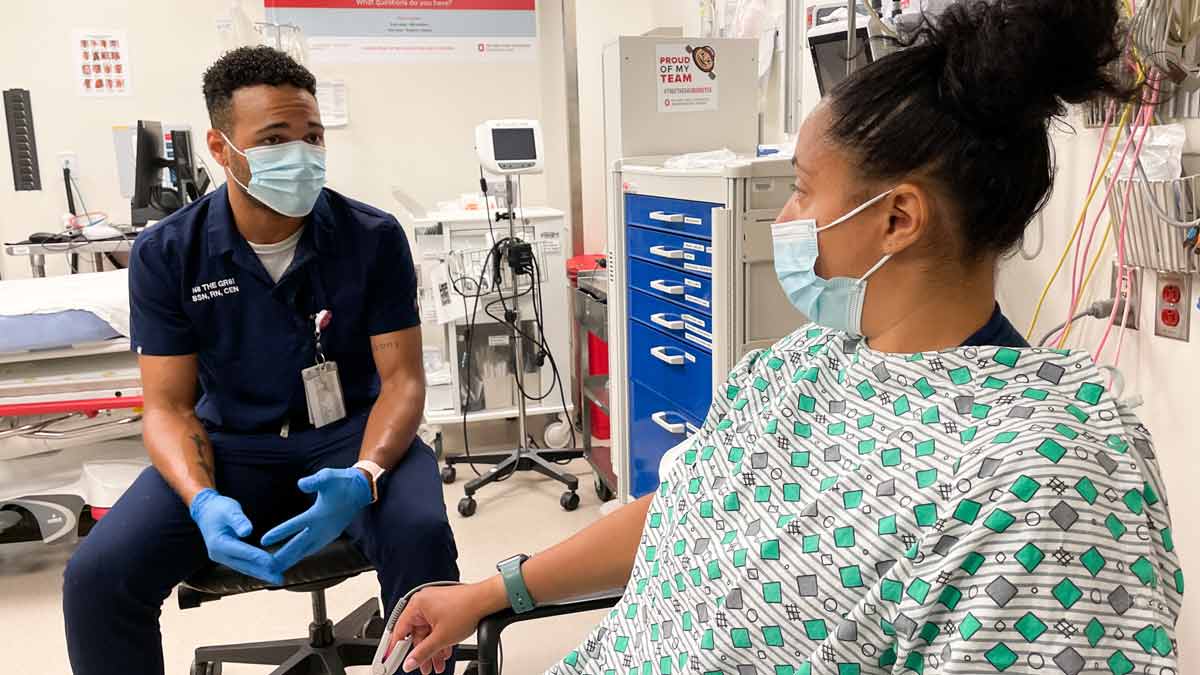Which vaccines do adults need and when?
 Most parents are pretty diligent about getting their children vaccinated on the proper schedule. It’s when we become teens and adults that we tend to forget about the vaccines that continue to protect our health as we age.
Most parents are pretty diligent about getting their children vaccinated on the proper schedule. It’s when we become teens and adults that we tend to forget about the vaccines that continue to protect our health as we age.A yearly physical with your doctor is the perfect time to review your vaccine history. If you are at higher risk due to certain chronic conditions such as heart disease or diabetes, you may discuss this more frequently during follow-up visits.
In general, here are the vaccines most adults should keep up-to-date:
Flu vaccine: It’s important to get this every year because the strain changes. While it’s never 100% effective, the vaccine does reduce the severity of the flu if you get it, and it can prevent hospitalization and death from the disease.
Pertussis (whooping cough): This is combined as the Tdap vaccine that protects against tetanus, diphtheria and pertussis. After the initial Tdap, everyone should have a tetanus booster every 10 years. Pregnant women and anyone who will be in close contact with a newborn should get the Tdap. Infants carry antibodies from their mother for the first six months, then their immunity begins to wane.
Shingles: This one is a hot topic. The Food and Drug Administration has approved it for anyone over age 50, but most insurances don’t cover until age 60 and older, which is when the Centers for Disease Control recommends having it. This vaccine is recommended whether you previously had chicken pox or not. However, because it’s a live vaccine, it could cause shingles in anyone with a compromised immune system, so discuss with your doctor.
Pneumonia: This vaccine is recommended for people of any age who smoke or have a compromised immune system and everyone starting at age 65. There are two versions so talk with your doctor about which one is best for you.
Human papillomavirus (HPV): Young people should get this beginning at age 11 or 12 to reduce the risk of several cancers. This vaccine is given in two to three doses.




